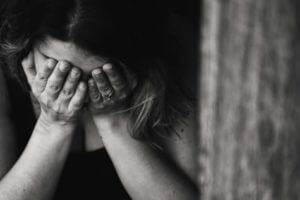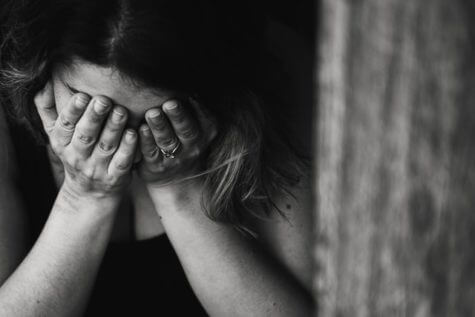CAMBRIDGE, England — It can be a jarring, but potentially life-saving experience for a woman to detect an irregularity during a self-examination of her breasts. Yet a new study finds that women who are unhappy with their breast size are actually less likely to check themselves at all or report any abnormalities they notice to their doctors.
Researchers from Anglia Ruskin University and University College London recruited 384 British women, polling them on their level of satisfaction with their breast size and frequency of self-examinations. According to the National Breast Cancer Foundation, women should check themselves at least once a month for changes or irregularities.

The results showed that most women felt some level of dissatisfaction with their breast size. Nearly a third (31%) reported the desire for smaller breasts, while 44% wanted larger breasts.
A third of the participants said they rarely or never performed a self-examination. The researchers point to a correlation between frequency of self-exams and overall contentment with breast size.
“Our findings suggest that greater breast size dissatisfaction is significantly associated with less frequent breast self-examination, lower confidence in detecting breast change, and greater delay in seeing a doctor following breast change,” explains Viren Swami, a professor of social psychology and the study’s lead author, in a news release.
Swami says that self-examinations may be more difficult for women who aren’t happy with their breast size because it taps into body image struggles. Skipping the examinations would be one way to avoid those negative or threatening emotions.
“Breast size dissatisfaction may also activate negative self-conscious emotions, such as shame and embarrassment, that results in avoiding breast self-examination,” adds Swami.
Overall, just 55% of the participants noted that they would contact or visit their doctor immediately should they detect a lump or a change. One in 10 said they would delay reaching out to their physician for as long as possible, and 2% admitted they probably wouldn’t do anything at all.
Swami says that doctors should be aware of the profound effects that breast size dissatisfaction can have on a woman and her desire for regular self-checkups.
“Promoting greater breast size satisfaction may be a means of empowering women to incorporate breast self-examinations and breast awareness into their health practice,” he says. “And promoting greater breast awareness may be a useful means of helping women view their breasts in more functional terms, rather than purely aesthetic terms.”
Breast cancer is the most common form of cancer in women in the United States. According to BreastCancer.org, 1 in 8 women in the U.S. will be diagnosed with breast cancer at some point in their lives.
The study’s findings were published in the March 2018 edition of the journal Body Image.

i’ll volunteer to help check